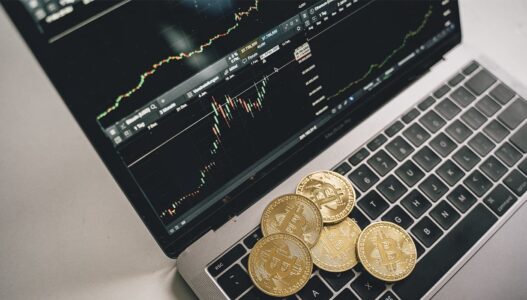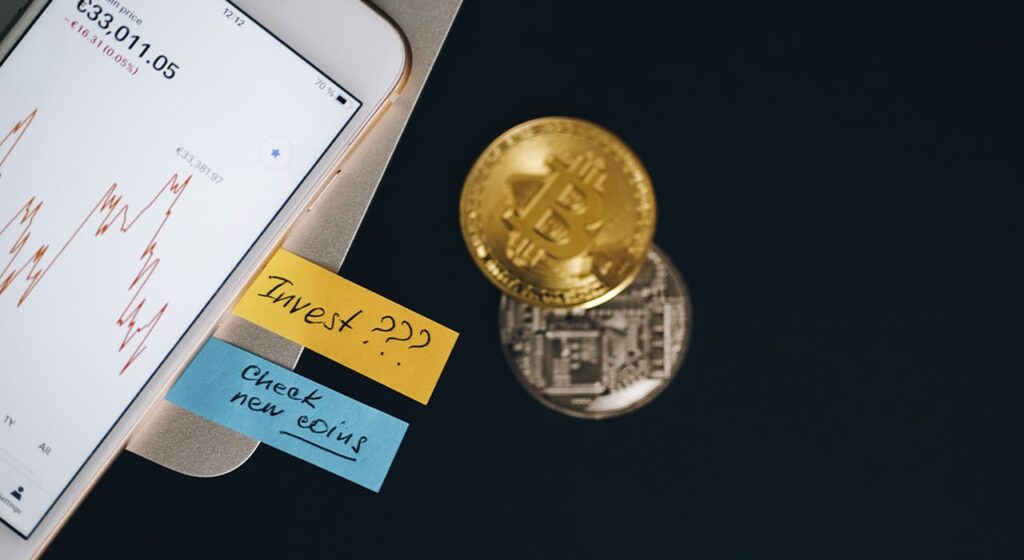Ethereum is an entire cryptocurrency ecosystem based on blockchain technology. It allows the creation of decentralized applications using so-called “smart contracts. Ethereum is not just a payment medium, but an entire financial ecosystem.
Ether is simply the cryptocurrency used for payments in the Ethereum ecosystem. They are often confused, but remember that Ether is a cryptocurrency and Ethereum is the entire system.
What is the difference between Ethereum and Bitcoin?
Ethereum, like bitcoin, is based on Blockchain technology, and ether can be used for payments just like bitcoin. However, this is where the similarities between the two most popular cryptocurrencies end.
Bitcoin can only be used as a currency for storing and transferring value.
The Ethereum ecosystem offers the ability to “program” money, create new cryptocurrencies using the Ethereum blockchain and even entire applications. All of this is possible thanks to the “smart contracts” that are an integral part of the Ethereum ecosystem.
Other key differences between Bitcoin and Ethereum:
The total number of bitcoins that will ever exist is 21 million, while the growth of Ether is limited to a certain amount each year, but there is still no specific definitive amount of Ether that will ever exist.
Block processing time with bitcoins is 10 minutes, but with ether, transactions can be completed in as little as 12 seconds.
What are smart contracts?
A smart contract is a computer code that is executed on the Ethereum blockchain and facilitates the exchange of money, content, property, stocks and anything else of measurable value. This code is executed automatically if certain conditions are met.
What are the uses of smart contracts in the real world?
If it still seems complicated and unclear to you, here’s a real-world example:
Let’s say you want to sell your apartment. This process usually involves a tremendous amount of bureaucracy and involves many third parties, such as:
- A broker to represent you and find a buyer,
- a lawyer to oversee the process and prepare the documents,
- a notary public to draw up the deed,
- A bank, which transfers money between the buyer and seller,
- A government agency that keeps records of transactions and property owners.
Ethereum can make this process much faster and easier.
Through Ethereum, you can create a smart contract whose provisions are governed by a few lines of code. Once a contract is published on the Ethereum blockchain, it cannot be changed.
When all the conditions specified in the code are met – the contract is automatically executed and funds are transferred from the buyer’s wallet directly to the seller’s wallet.
Thus:
we don’t need a notary because the contract is confirmed automatically and cannot be forged,
we don’t need a bank, because the payment is over the air in just 12 seconds, and the price of the property is one of the conditions of the contract,
we don’t need a property registry because all the information about the transaction as well as the new owner can be recorded in the blockchain.
How is Ether mined?
Ether, like Bitcoin, is created by independent individuals and companies who verify blockchain transactions using their computers. This process is known as “mining.”
The word “mining” comes from the context of the analogy between cryptocurrencies and gold, since both are finite. The only way to increase their number in circulation is to “mine” more of them. You can learn more on the subject here, .
In short, anyone can use their computer to mine ether. Like gold, ether mining can be a business. You’ve probably seen pictures of so-called “farms” – huge warehouses filled with video cards.
As mentioned, Ether is a cryptocurrency and Ethereum is the whole ecosystem behind it. The two concepts are often confused.
Ether cryptocurrency is abbreviated ETH and can be traded on most cryptocurrency exchanges, including Finansiv.
In 2017, the price of Ether rose from 7 euros at the beginning of the year to a staggering 700 euros at the end of that year.
You can follow the current price of ether here, .
How do I get ether?
You have two options to get ether, namely:
- To become a miner and mine your own ether,
- to exchange other currencies for ether using a regulated exchange like Finansiv.



